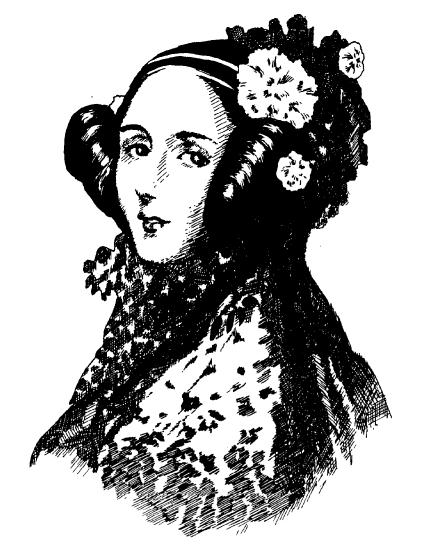History of High Performance Computing in Cambridge
| Cambridge-Cranfield HPCF > People |
The machines owned by the Cambridge-Cranfield HPCF are named after influential scientists. Brief biographies are provided below
- James Clerk Maxwell (1831-1879) - Sun Opteron cluster
- Rosalind Franklin (1920-1958) - SunFire 15K
- Max Perutz (1914-2002) - SunFire 480R Fileserver
- Douglas Hartree (1897-1958) - IBM SP
- Dorothy Hodgkin (1910-1994) - SGI Origin 2000 (Decommissioned 2003)
- Nevill Mott (1905-1996) - SGI Origin 2000 Fileserver (Decommissioned 2003)
- Charles Babbage (1791-1871) - Hitachi SR2201 (Decommissioned 2001)
- Alan Turing (1912-1954) - Hitachi S3600 (Decommissioned 1999)
- Ada, Countess of Lovelace (1815-1852) - Hitachi Frontend (Decommissioned 2001)
- Robert Hooke (1635-1702) - Hitachi Frontend (Decommissioned 2001)
James Clerk Maxwell
|
|
Rosalind Franklin
|
|
Douglas Hartree
|
|
Max Perutz
|
|
Dorothy Hodgkin
|
|
Nevill Mott
|
|
Charles Babbage
|
|
Alan Turing
|
|
Ada Lovelace
|
|
Robert Hooke
|
|









